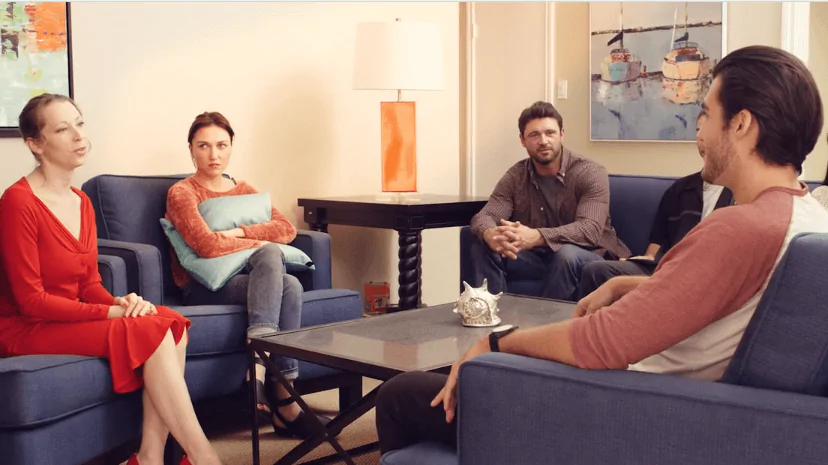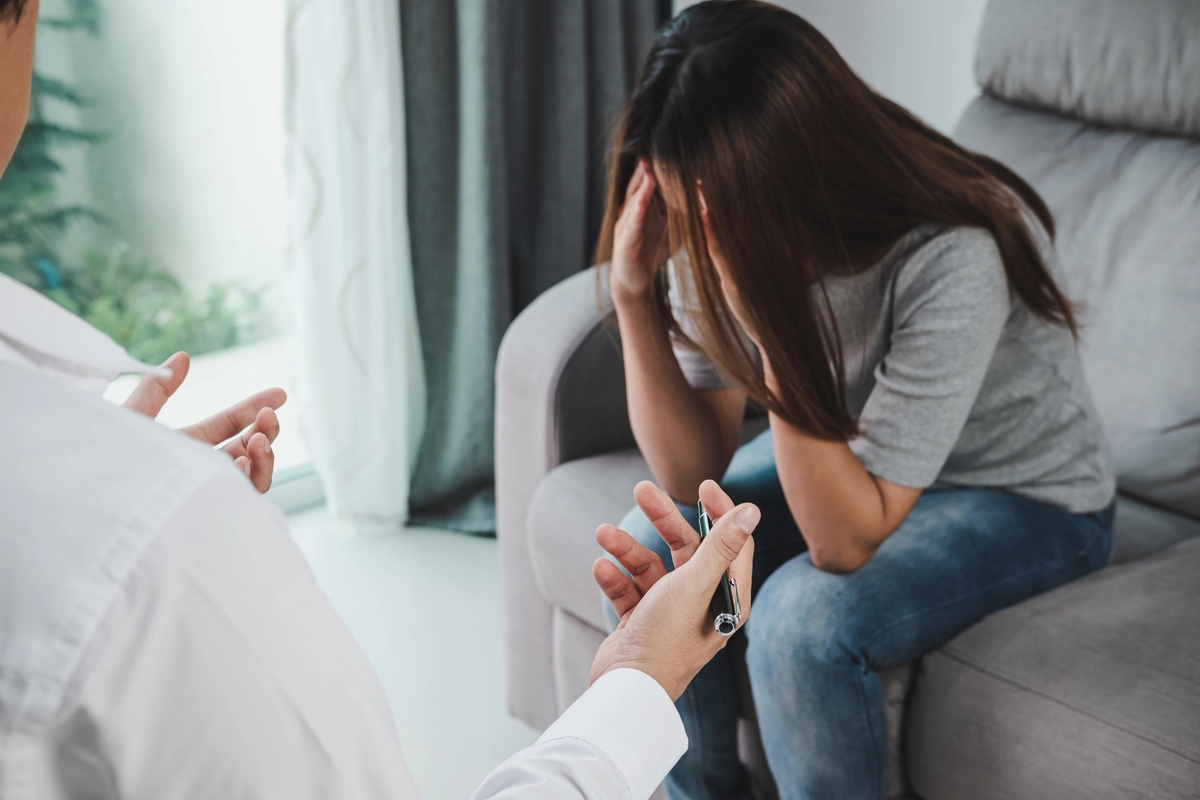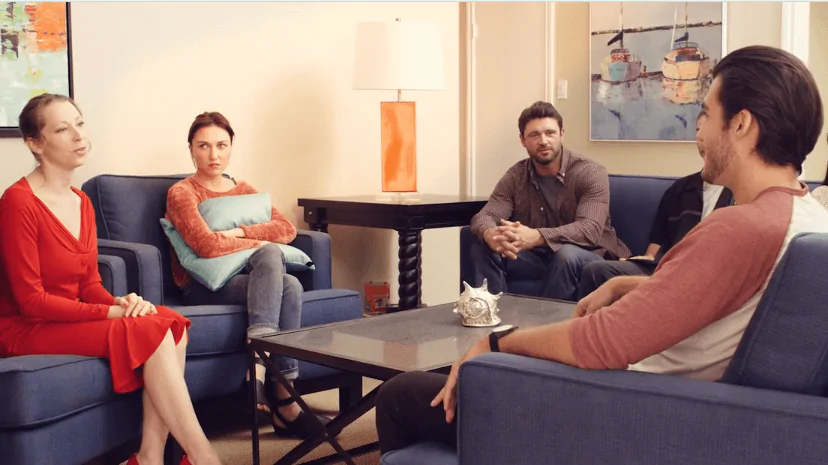24/7 Helpline:
(866) 899-221924/7 Helpline:
(866) 899-2219
Learn more about Dual Diagnosis Rehab centers in Norlina
Dual Diagnosis Rehab in Other Cities

Other Insurance Options

Choice Care Network

Covered California

State Farm

Optima

Excellus

BHS | Behavioral Health Systems

Ambetter

Cigna

UMR

Kaiser Permanente

Humana

CareFirst

UnitedHealth Group

MHNNet Behavioral Health

Self-pay options

Evernorth

Health Net

EmblemHealth

Amerigroup

Premera

Freedom House Recovery Center – Lake Area Counseling Halfway House
Freedom House Recovery Center - Lake Area Counseling Halfway House provides up to six months of reco...













































































